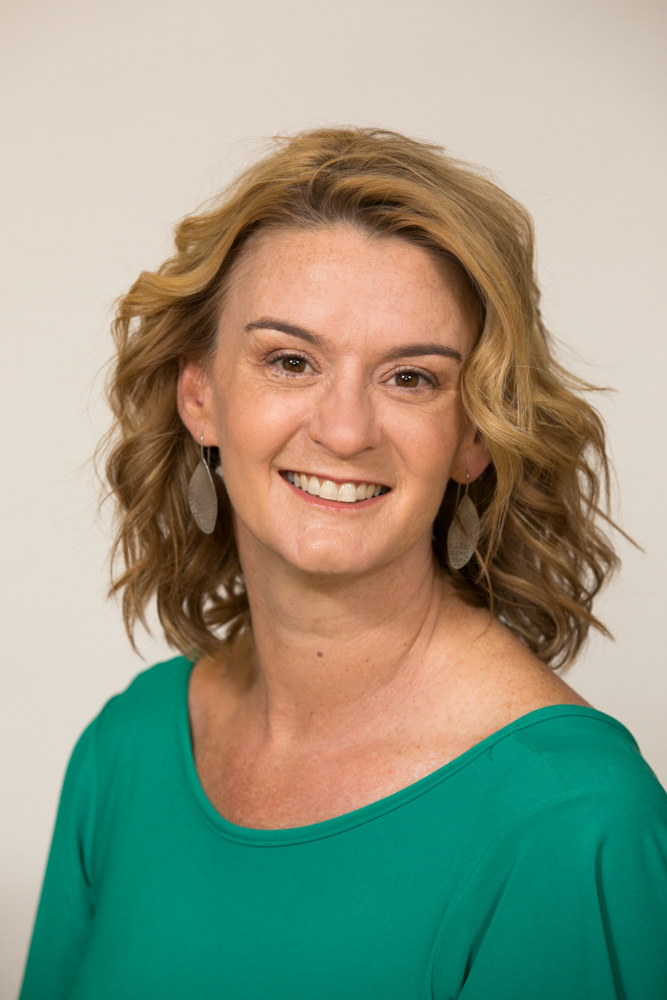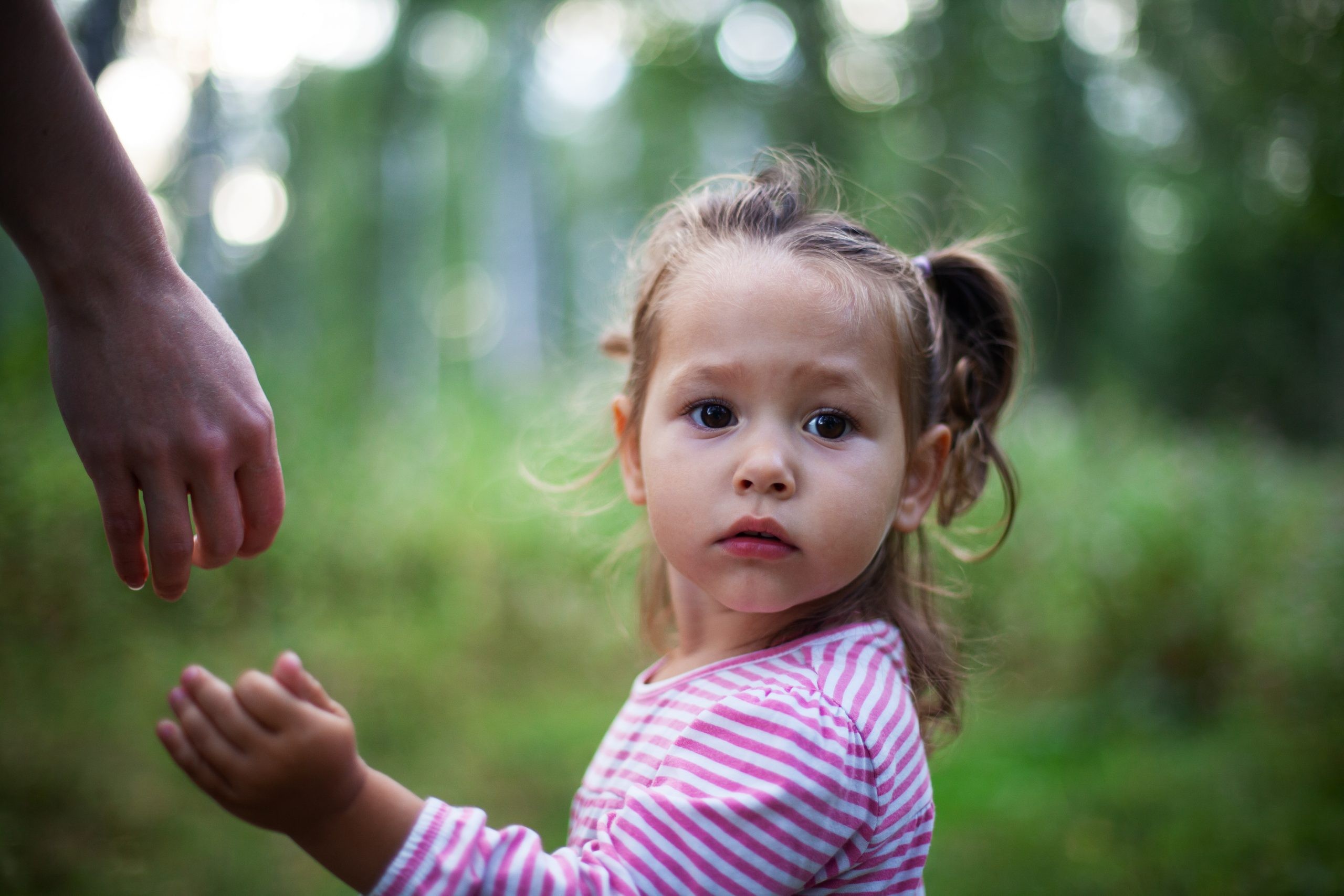I have been thinking a lot about vulnerability lately. The start to 2020 for many people has meant very real, very strong experiences of physical vulnerability. Droughts, Fires, floods and now the pandemic of Covid-19 or corona virus. Whilst many of us may be lucky enough to have escaped the direct impact of such experiences it has left the community at large feeling vulnerable. Of course when we are threatened with physical vulnerabilities such as I have mentioned we must take action, to ensure our survival. As a species we are programmed to survive. Whether it is developing a fire survival plan or taking health precautions we are all encouraged to take action to ensure our safety. To some extent the recent panic buying of food supplies and toilet paper (!) can be explained away by this innate drive we all have to protect ourselves and our families. We could all perhaps go easy on the toilet paper though – they keep telling us there is plenty to go around!
What is vulnerability?
One definition of vulnerability is physical uncertainty, risk and emotional exposure.
What is Emotional or Relational Vulnerability?
Vulnerability is not something traditionally we deal well with in our society. Emotional or relational vulnerability is something many actively avoid. It is seen as a “dark emotion” and one to put up your protective armour to ward off.
Let’s be real. Emotional and relational vulnerability can be scary. We risk getting hurt, rejected, feeling stupid or criticised. It seems to make sense then to avoid being vulnerable. BUT vulnerability is the birthplace of love, empathy, belonging, joy, courage and creativity. To avoid vulnerability is to deny ourselves the opportunity of genuine love and connection with others. To feel real empathy for others we have to allow ourselves to feel pain ourselves, to genuinely connect with others. We can’t fake effective empathy. Trust is critical to vulnerability. We need to trust to be vulnerable, and we need to be vulnerable in order to trust. To live a WHOLE-HEARTED life we need to feel the full range of emotions – love, joy AND vulnerability ( to name but just a few).
Brené Brown is an eminent research Professor, speaker and author on the topic of vulnerability. Many of my clients hear me reference her work and ideas on vulnerability. She talks openly and in a very relatable way about the importance and rewards of allowing ourselves to feel emotionally vulnerable. Brené describes 5 steps towards embracing vulnerability.
Embracing Vulnerability
- Don’t bottle up your emotions, become self-aware - exploring our emotions, asking questions to get in touch with how we’re feeling and thinking in a given moment. Writing, mindfulness and meditation exercises, talking to a trusted friend or therapist are some ways you might achieve this.
- Vulnerability takes courage. Vulnerability is anything but weakness. It takes true strength and courage to allow yourself to be vulnerable.
- Show up, face fear, and move forward. Fear and criticism will always be there in some form so let’s show up anyway and move forward. No matter what you’re doing, show up every day to do what you were meant to do and don’t let these hindrances stop you. Otherwise we wouldn’t do much at all. The more you stand up to these negative forces, the more you’ll flex your courage and resilience and come out stronger for it.
- Seek excellence, not perfection. Perfectionism isn’t about growth, improvement, or personal achievement, it’s about fear and avoidance. Focus on realising excellence - the best version of yourself despite your flaws. This perspective is healthy and inclusive and leads to real personal growth as opposed to a flawed perfectionism.
- Dare to be yourself. The forces of fear, insecurity, and doubt will never go away no matter how hard you try to avoid, hide from, or attempt to bury them. Instead, face them with courage and confidence in your authentic self and know that you have what is necessary to overcome whatever is in front of you. Dare to be yourself in all your glory– your strengths, skills, and beauty as well as your flaws and insecurities. In doing so, you can realise true strength of spirit.
Be Intentional About Who You Accept Feedback From – I do want to stress how important this is. Developing a healthy relationship with vulnerability means we need to have boundaries and think about when and where and with whom to be vulnerable. As Brené says vulnerability without boundaries is not vulnerability. It might be fear or anxiety. We have to think about why we’re sharing, and equally important, with whom. What are their roles? What is our role? Is this sharing productive and appropriate?
I think most people struggle with vulnerability to some degree. But sometimes it really is frightening to be vulnerable. Those who may have experienced significant past hurt have often bolstered themselves against any feelings of vulnerability in an attempt to avoid being hurt again. They have developed layers of protection to keep themselves emotionally safe. Sometimes hurt means we struggle to determine who really is appropriate to trust. This all comes at a cost. The cost perhaps of a trusting, healthy and appropriate relationship, full of joy and love. The cost of preventing an intimate other from truly knowing us or of knowing someone, from being held (physically and emotionally) when we really need it.
One of the benefits of therapy can be to explore these experiences and feelings in a trusting relationship – to tussle with vulnerability and what it means to us and perhaps step towards developing a healthy range of full emotions, allowing the development of healthy and loving relationships.
For further reading and viewing on vulnerability I would recommend the following – all by Brené Brown.
Daring Greatly – How The Courage to be Vulnerable Transforms the Way We Live, Love, Parent and Lead
Rising Strong—Fall. Get up. Try again
Brené brown – The Fall to Courage. Netflix
Brené Brown – The Power of Vulnerability Ted Talk

Rebecca Wheeler is the principal psychologist of RWA Psychology. Call RWA psychology for an appointment with Rebecca or one of our other psychologists.
